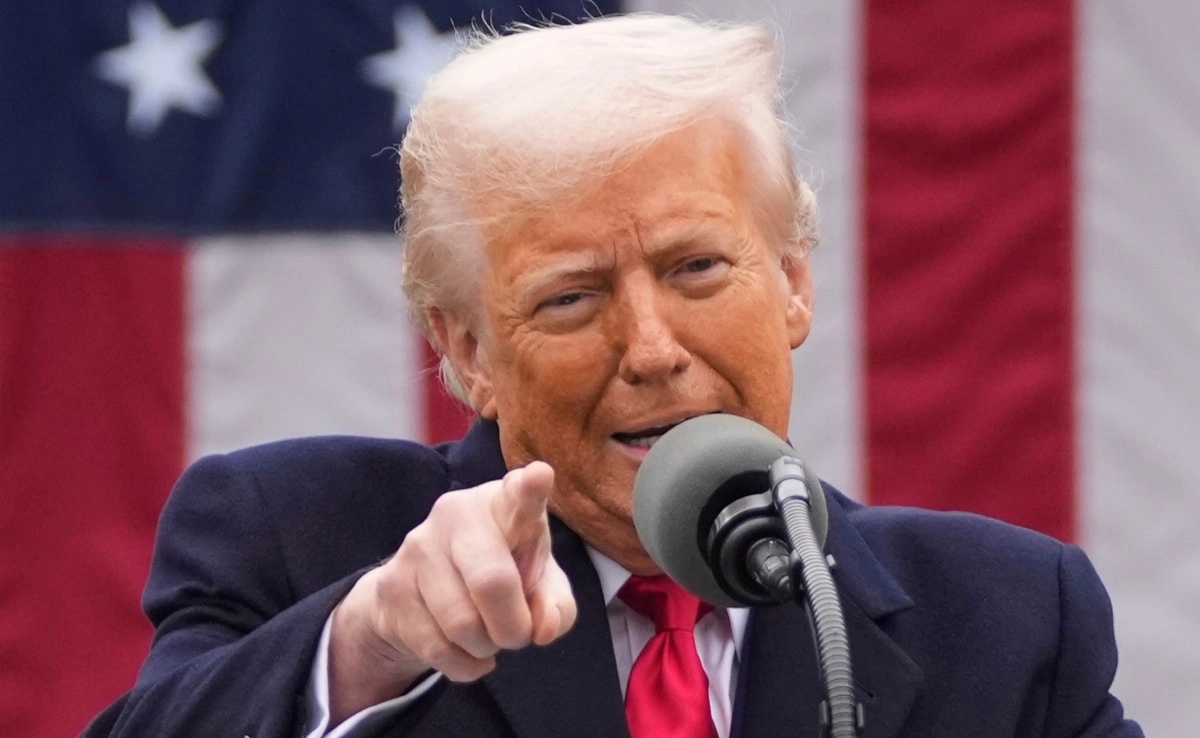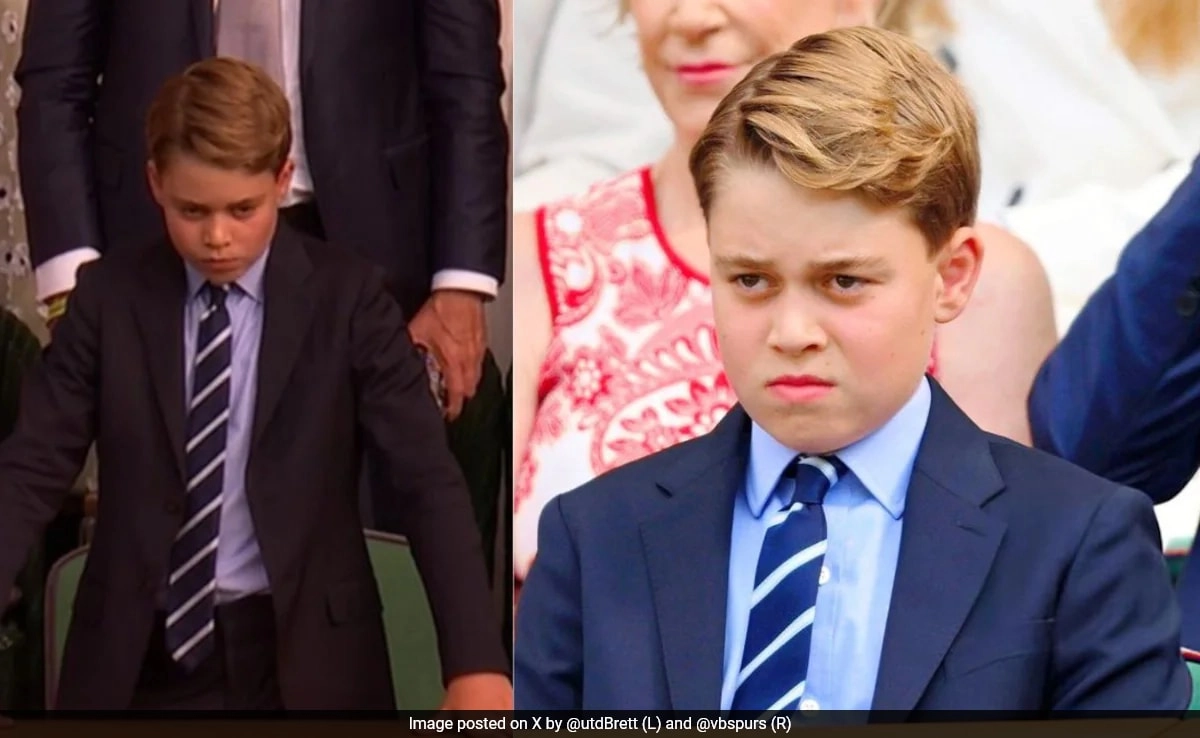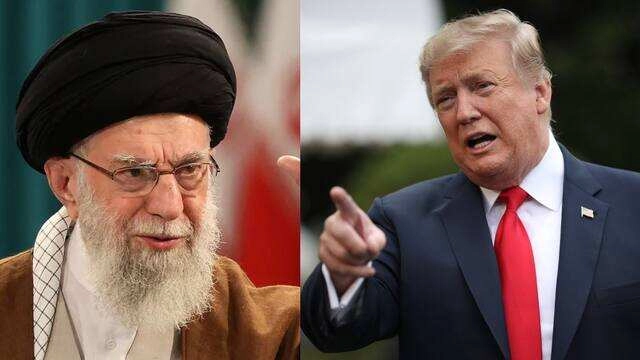As the trade war initiated by the Trump administration continues to rattle global markets, the call for a level-headed approach has become increasingly pertinent. Rising tariffs and trade barriers have not only strained relationships between the United States and its trading partners but have also instigated a wave of uncertainty among investors and businesses around the world. The volatility in the stock market, sparked by the ongoing disputes, underscores the far-reaching consequences of protectionist policies. Amidst this tumult, industry leaders and economists urge stakeholders to remain calm and resist the temptation to overreact to daily fluctuations in the market.
The impact of the trade war extends beyond just the financial realm; it affects supply chains, consumer prices, and employment rates. Companies that rely on international trade are grappling with increased costs, which may ultimately lead to higher prices for consumers. This situation creates a precarious balance where businesses must navigate the intricacies of tariff structures while trying to maintain profitability. Furthermore, as countries retaliate against U.S. tariffs, the repercussions can lead to a more profound economic slowdown, raising concerns about recession in the long term.
In the face of such uncertainty, adopting a ‘be cool’ mentality is essential for both investors and policymakers. Rather than making hasty decisions based on short-term market reactions, a more strategic approach can help mitigate risks. This includes diversifying investments, seeking alternative markets, and fostering innovation to adapt to changing economic landscapes. By maintaining composure, stakeholders can better position themselves to weather the storm of the trade war and emerge stronger once stability returns to the global market.
Ultimately, while the trade war may be characterized by its challenges, it also presents opportunities for growth and adaptation. Businesses that remain focused on their core strategies, while being responsive to market dynamics, can navigate these turbulent times effectively. The message is clear: staying informed, calm, and proactive in the face of adversity will be crucial as the international economic landscape continues to evolve amid ongoing trade tensions.




